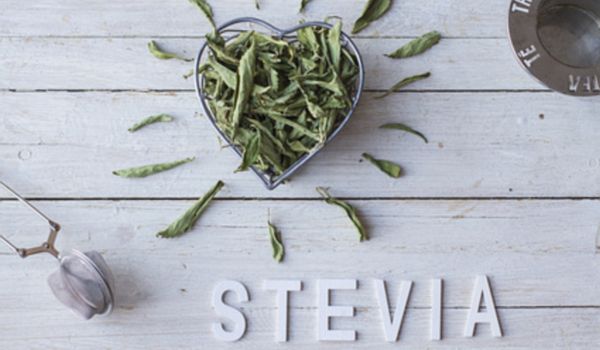Patient Resources
Sweeteners after an obesity operation: which ones and how they should be used
What are sweeteners?
Sweeteners are an ideal alternative option for sweetening drinks or desserts without increasing their caloric content. There are several types. We can classify them among those of artificial origin such as the world-famous sodium saccharin, passing through monosodium cyclamate and others with less known names such as maltitol which is found in most sugar-free chewing gums. Secondly, we find the more modern and natural ones such as Stevia.
How to recognize sweeteners?
Generally sweeteners are categorized with a specific acronym, for example saccharin is E954 and Stevia is E960. In this way we can quickly recognize if a sweetener is added to a food. Although it is marked, it is advisable to check the product label since sometimes in addition to the sweetener some sugar of a caloric nature can be added, such as fructose.
What are the advantages of sweeteners after an obesity operation?
The advantage of caloric sweeteners is that unlike the 4 Kcal per gram of sugar (40 kcal in 2 teaspoons) that can flavor our drink or dessert, we get a product that does not provide calories but has a much greater sweetening power than sugar, allowing that using much smaller amounts we get a sweet food or drink but without extra calories.
Our organism benefits from this because we do not introduce simple sugars (common sugar; fructose…etc) in our diet. If they are consumed in excess, over the years they could favour the appearance of Diabetes Mellitus type II as a consequence of insulin resistance. In addition, it has been shown that simple sugars promote weight gain and sometimes appetite. For all these reasons, caloric sweeteners represent a nutritional advantage that we must know how to take advantage of.
Are sweeteners dangerous after an operation for obesity?
No. However, sweeteners have a bad reputation because several studies have been misinterpreted. But it can still be said that they are safe products whose consumption and safety is constantly evaluated by international agencies such as the FDA and the WHO. As soon as a problem arises from their consumption, they are immediately withdrawn from the market.
Therefore, in the meantime we can use them safely in the usual diet both preoperative and postoperative patient with stomach reduction. It provides sweetness and a zero or very low number of calories compared to table sugar or other sweeteners and also promotes a better state of health and prevents the long-term appearance of pathologies related to excessive consumption of sugars.










